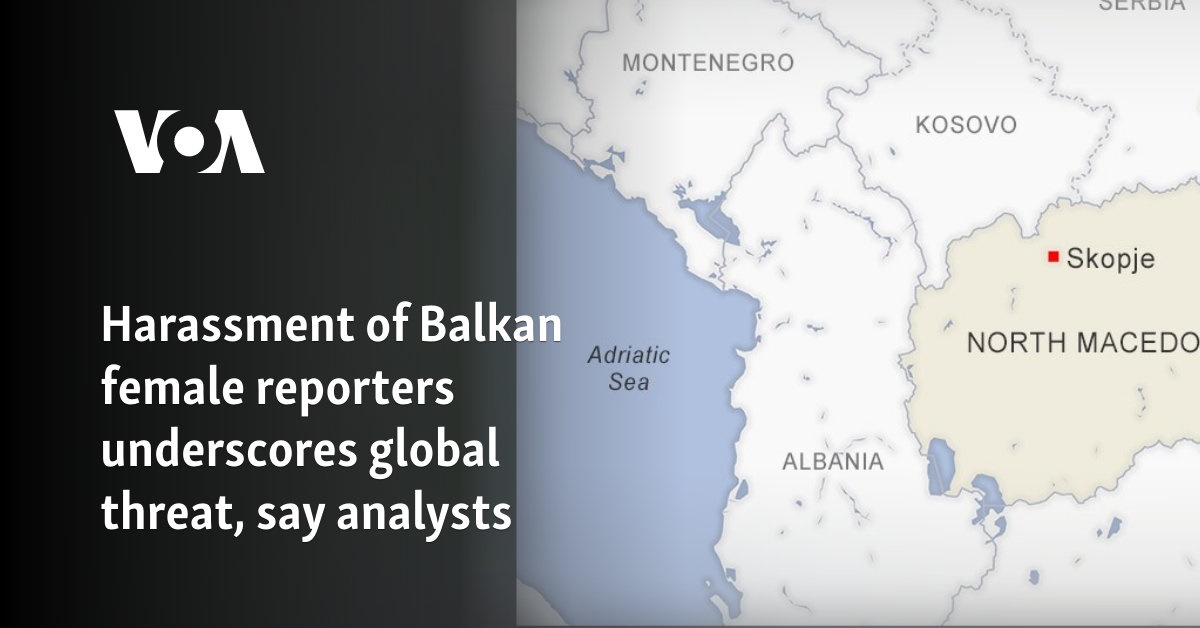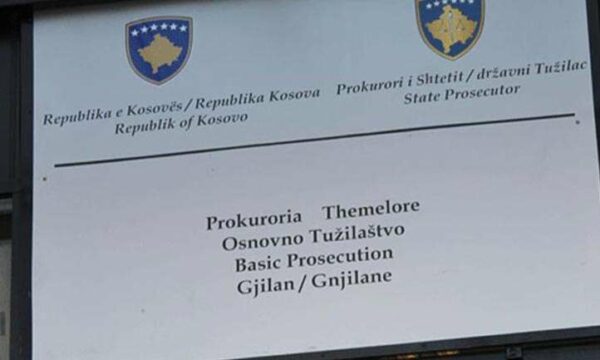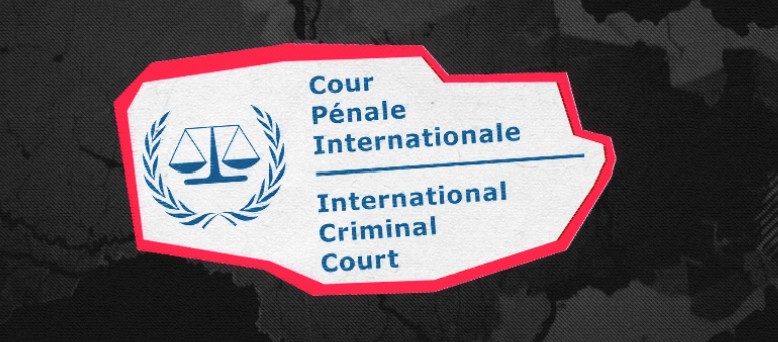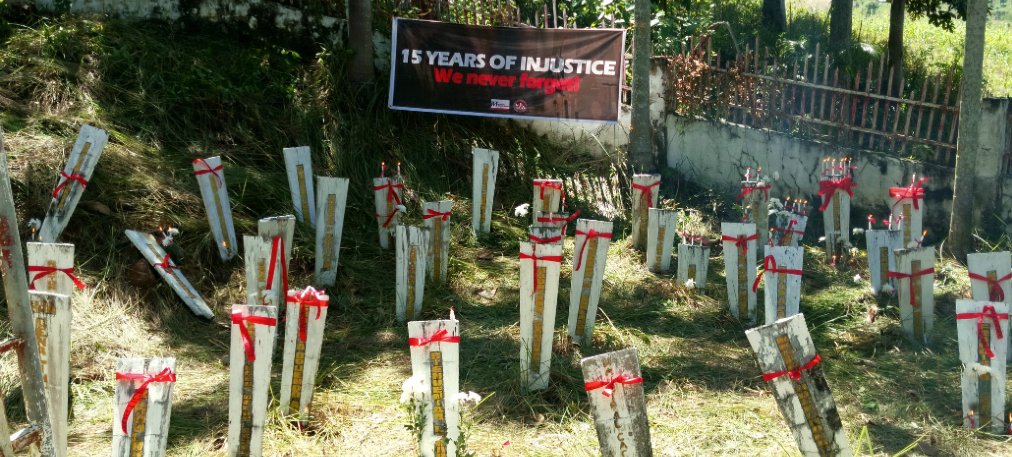
Philippines: 15 Years After the Maguindanao Massacre, RSF Urges End to Impunity
November 22, 2024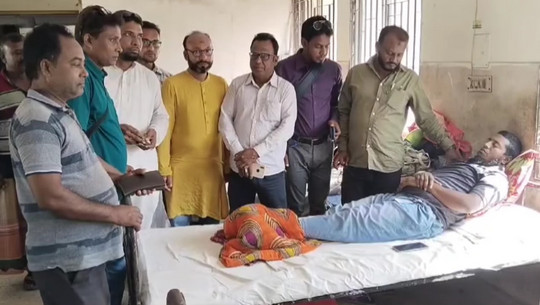
Press Freedom Under Siege: Ongoing Attacks on Bangladeshi Journalists
November 22, 2024November 22, 2024 – Europe –
Analysts warn that the recent wave of threats and assaults against female journalists in the Balkans is symptomatic of a larger, international crisis in press freedom. The November 2024 VOA article details a surge in online harassment of women reporters in North Macedonia and a physical attack in Montenegro, underscoring persistent gender-targeted aggression within and beyond Southeast Europe.
In North Macedonia, female correspondents have endured harsh verbal harassment and sexist threats across social media platforms. In Montenegro, a reporter was physically attacked while covering a political event—an alarming escalation from digital vitriol to bodily harm. These incidents reflect growing hostility toward women in journalism throughout the region.
Experts place these developments within the broader context of a global crisis: digital harassment, including targeted threats, abusive comments, and doxxing, has become increasingly normalized, especially against female, minority, and investigative journalists. Scholars emphasize that such behavior is not confined to the Balkans but mirrors a worldwide trend where misogynistic and xenophobic attacks have surged online and in the field.
The VOA report highlights how this atmosphere has a chilling effect. Female reporters self-censor or avoid critical coverage due to fear of violence and reputational harm. The combination of verbal abuse, physical threats, and social-media harassment fundamentally undermines safety and equal participation for women in journalism.
Echoing UNESCO’s findings, analysts point out that online harassment is part of a continuum that includes cyber threats and offline violence, creating a hostile ecosystem that emboldens offenders and weakens press accountability.
The international media community is now urging a multi-pronged response: legal reforms to penalize online abuse, stronger enforcement of protections for journalists, and proactive support systems from news organizations. Cybersecurity training, reporting mechanisms for abuse, psychological support, and solidarity campaigns are recommended strategies to tackle the crisis.
In conclusion, the threats against Balkan women journalists mirror a global pattern of systemic harassment targeting female and investigative press members. Without collective action—from governments, tech platforms, and media outlets—press freedom will continue to erode under the pressure of misogynistic intimidation and violence.
Reference –

